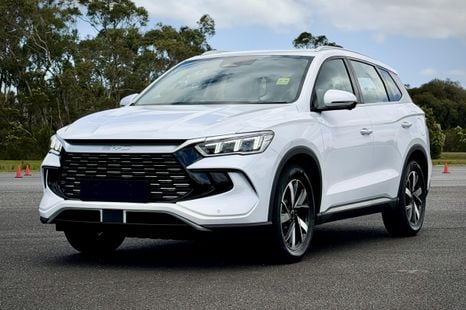

Ben Zachariah
2026 BYD Sealion 5 Essential review
6 Hours Ago

Contributor
The Australian Consumer and Competition Commission (ACCC) has accepted a court-enforceable undertaking from Toyota Australia on the back of problems with the diesel particulate filters (DPF) in some HiLux, Prado, and Fortuner models.
Toyota avoided financial penalties from the consumer watchdog, despite acknowledging “concerns that consumers can be misled about how their consumer guarantee rights under the Australian Consumer Law interact with manufacturer’s warranties”.
The ACCC says “many consumers experienced issues with the DPF in their vehicles” between 2016 and 2018.
“This included the emission of white smoke from the vehicle and soot accumulation in the DPF resulting in the display of warning messages and some vehicles entering ‘limp mode’ to encourage the driver to seek assistance,” the ACCC said.
“Consumers were instructed to take their vehicles to a Toyota dealer for repair under warranty but the ACCC received complaints about vehicles being repaired on multiple occasions without remedying the DPF issues.”
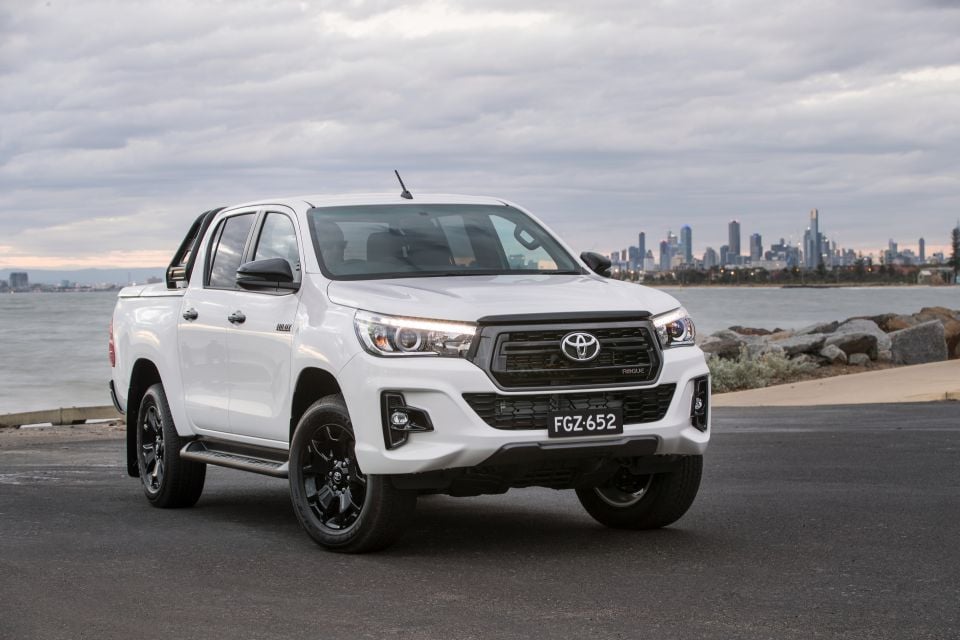
Toyota will review and improve its Consumer Law Compliance Program, according to the ACCC undertaking, and will provide compliance training to the necessary staff and dealers.
“Toyota Australia welcomed the opportunity to resolve this matter without formal legal proceedings and without Toyota Australia being required to pay a monetary penalty,” the company today said in a statement.
Diesel particulate filters are fitted between a vehicle’s engine and exhaust to catch the nastiest soot and particle emissions before they’re released into the air.
Once the exhaust hits an elevated set temperature the filter’s contents are burned off in a process known as regeneration.
All 2.8-litre HiLux, Prado, and Fortuner models sold since the middle of 2018 have also featured a manual DPF regeneration button. Toyota also says it has made changes to improve the performance of the DPF in the 2021 HiLux.
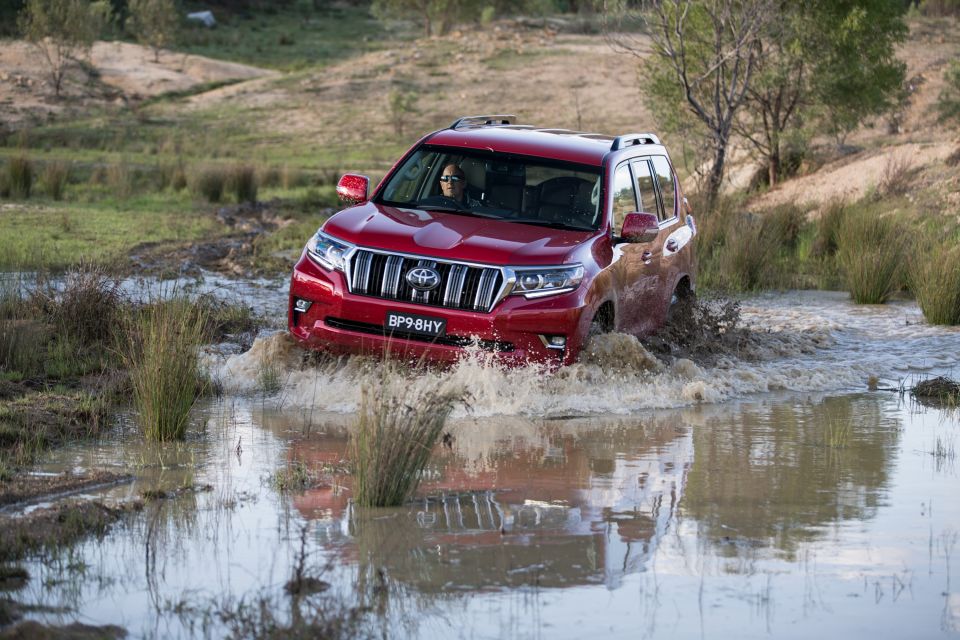
A class-action lawsuit against Toyota was last year filed in Federal Court, claiming the diesel particulate filter fitted to the 2015-18 HiLux, Fortuner, and Prado is defective.
The lawsuit alleges the DPF in affected Toyota vehicles doesn’t regenerate in urban driving, creating a buildup of particulate matter, nasty-smelling emissions from the exhaust, poor fuel economy, and damage to the engine.
“The claim alleges that those representations were misleading because the Affected Vehicles could not, and did not, deliver the advertised combination of durability, reliability, quality, comfort and convenience, and the DPF System in the Affected Vehicles was not durable, reliable and of good quality,” the lawsuit alleges.
“It is said that Toyota Australia has known of issues affecting the DPF System in the Affected Vehicles since February 2016 and, in the circumstances, Toyota Australia’s misleading conduct was also unconscionable.”
Toyota has previously declined to comment on the class action lawsuit.
Go deeper on the cars in our Showroom, compare your options, or see what a great deal looks like with help from our New Car Specialists.
Scott Collie is an automotive journalist based in Melbourne, Australia. Scott studied journalism at RMIT University and, after a lifelong obsession with everything automotive, started covering the car industry shortly afterwards. He has a passion for travel, and is an avid Melbourne Demons supporter.


Ben Zachariah
6 Hours Ago
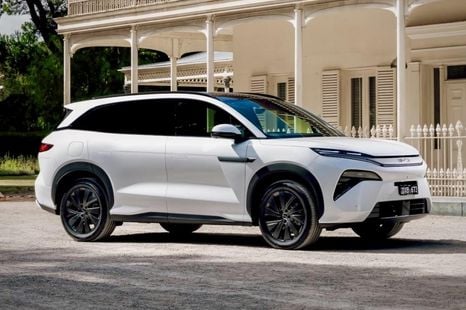

Ben Zachariah
6 Hours Ago
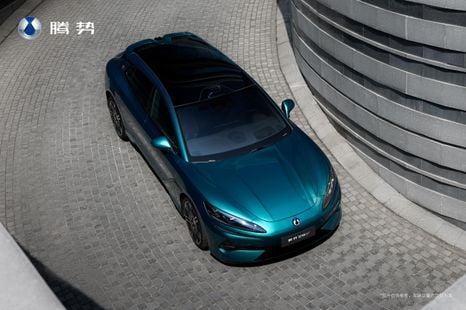

William Stopford
12 Hours Ago
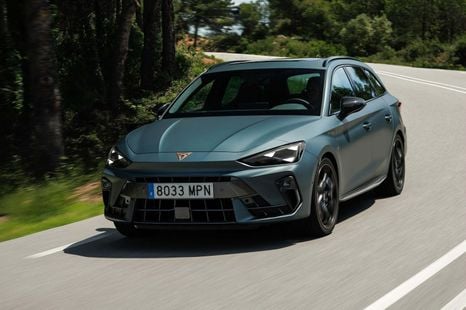

William Stopford
13 Hours Ago


Damion Smy
16 Hours Ago


Damion Smy
17 Hours Ago
Add CarExpert as a Preferred Source on Google so your search results prioritise writing by actual experts, not AI.